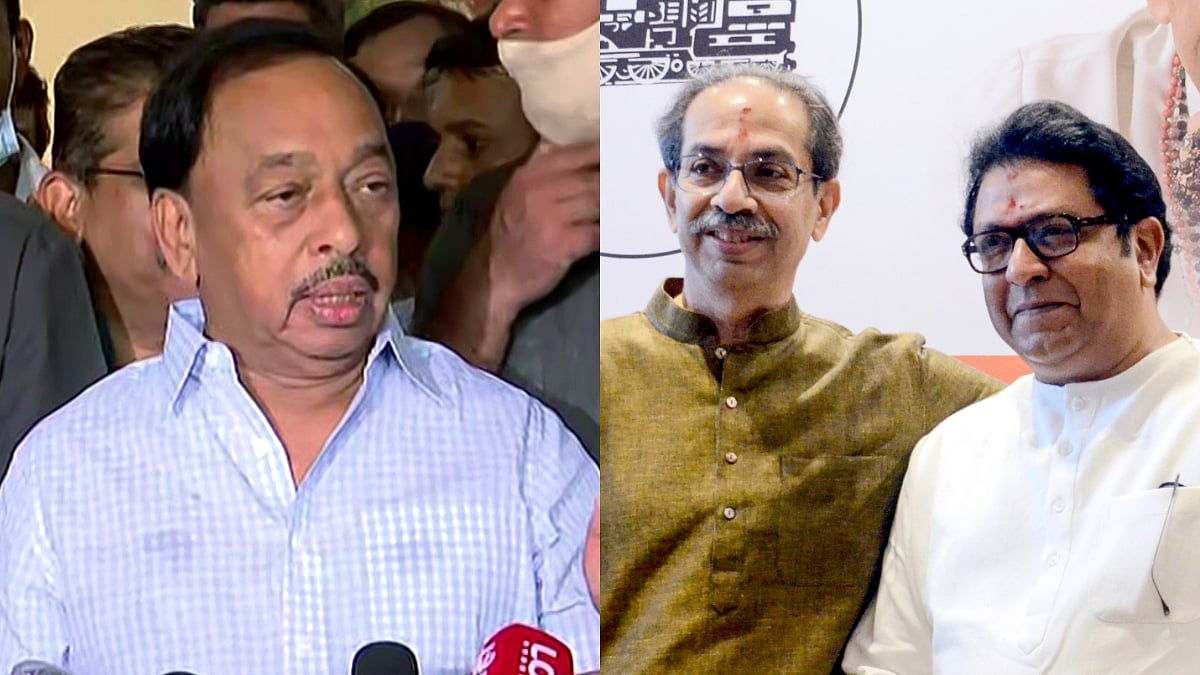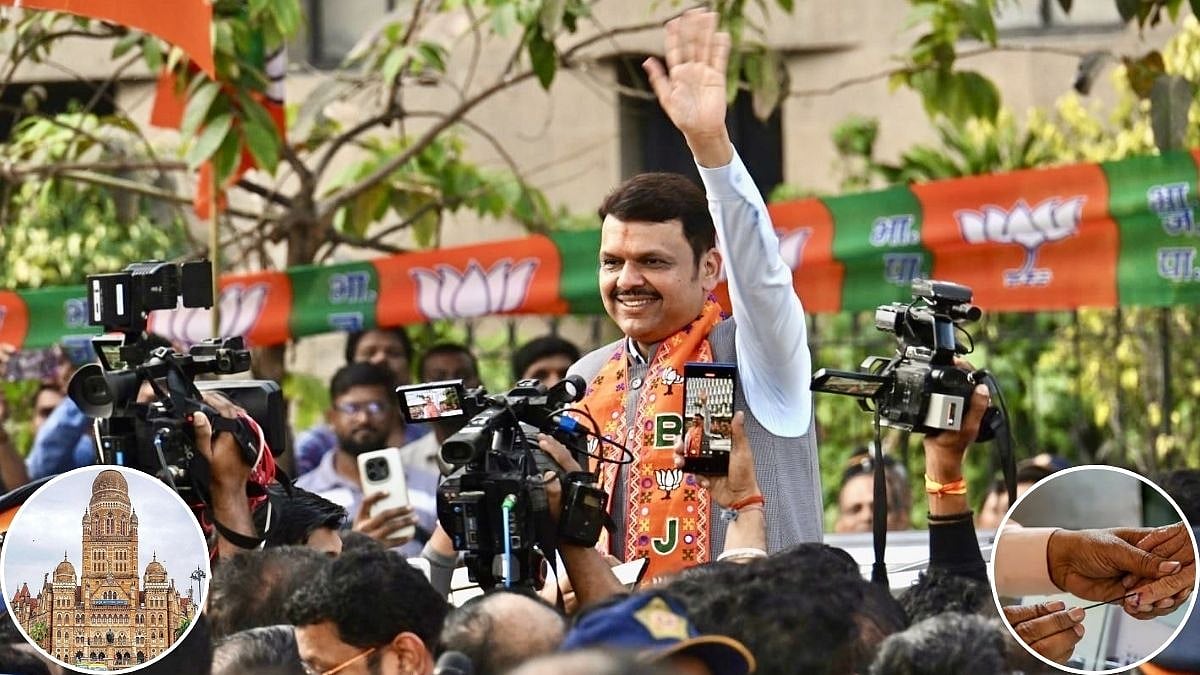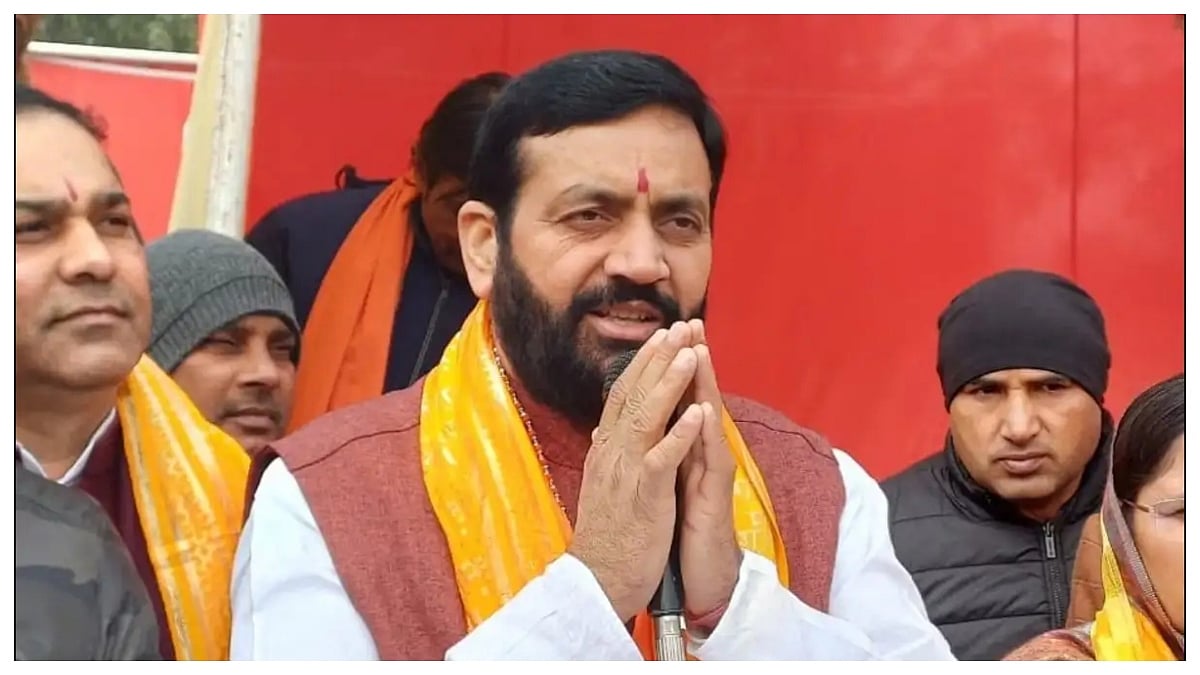The multiple standing ovations that Israel’s prime minister Benjamin Netanyahu received after his defiant speech to the US Congress in Washington two weeks ago, on his first trip abroad since the Hamas attack on October 7, confirms one thing quite convincingly: that the world, and particularly the US, has become accustomed to watching an obscene level of death and destruction in Gaza. While each day brings news of fresh horrors in Gaza, last week’s double strikes on Hezbollah in Beirut that killed senior Hezbollah commander Faud Shukr in retaliation of the rocket attack on Golan Heights and the killing of Ismail Haniyeh, Hamas’ top political leader and its moderate face, have heightened the fears of the conflict in the Middle East deepening further.
Health authorities in Gaza have claimed that around 40,000 people, mostly civilians, have died since the war began, but those numbers hardly encapsulate the scale of loss and suffering. With Gaza in ruins and almost uninhabitable for civilians, the story of Gazans is full of agony, pain, helplessness, and continuing misery. No amount of condemnation and Western nations’ urgings for restrain has influenced Israel, which continues with its war campaign on Gaza, causing more death and destruction in contravention of the international law and the fundamental human law. Israel’s relentless attacks on families, homes, hospitals and infrastructure without end, or an indication of when any of it will satisfy its goal, is something the helpless Gazans have become used to and has become a part of life for the rest of the world.
It matters little that Netanyahu’s address to the US Congress was boycotted by almost half of the House and Senate Democrats. It also matters little when Nancy Pelosi described his speech as by far the worst by any foreign dignitary at the Capitol. Presumptive Democratic contender Kamala Harris said that “we cannot allow ourselves to become numb” to what is happening and that she “will not be silent” to what is happening to Gazans over the last 10 months. But all this hardly matters to Israel, as the US continues to arm and fund it with unquestioning support.
It is not that the world has been entirely silent on Israel’s transgressions of the international law. The International Court of Justice (ICJ) last month offered an unequivocal and damning indictment of Israel’s occupation of the Palestinian territories with multiple breaches of the international law, although the ICJ’s advisory opinion is non-binding. Recently, Australia, New Zealand and Canada jointly called for Israel to respond to the ICJ ruling and an immediate ceasefire. There is also growing willingness to recognise an independent Palestinian state, as Norway, Ireland and Spain did earlier this year.
Millions of protestors around the world have called for an end to the war and there have been several attempts to preserve and enforce the fragile rules of international law as well. The ICJ declared that the Palestinians had a plausible right to protection from genocide and found Israel responsible for apartheid, and the International Criminal Court has made an application for an arrest warrant for Netanyahu over alleged war crimes.
None of this has deterred Israel. On the contrary, despite a significant shift in global public opinion on Israel, there is even more defiance and belligerence from Netanyahu and his government, condemnation of legal judgements from its allies, and vilification and dismissals of protestors who want the killings to stop. What does all of this seem to suggest? Live with it? Get used to it? That the international and humanitarian laws do not apply to Israel, because the victim has no voice of any consequence and has no means to defend itself? And what does all of this suggest about Israel’s staunch allies who continue to sell weapons to Israel on the one hand and on the other claim the moral high ground as leaders of the “civilised world”?
The duplicity and doublespeak of the Western countries that fund, supply arms to and defend Israel in international forums probably implies that the Israel-Gaza war is an unfortunate necessity and therefore should be tolerated. It also probably suggests that certain groups of people can be killed if it helps maintain a certain balance of power in the international political system.
The assassination of Haniyeh, Hamas’s chief negotiator, in Iran — presumably carried out by Israel — has likely halted ceasefire talks and a hostage deal for the time being. It has also brought the region one step closer to a bigger conflagration. This, western experts on the Middle East say, is a result of a fundamental flaw in American President Joe Biden’s Gaza policy: the hope that the Gaza conflict would be contained to Gaza. But for months, the war has already been spreading: to Yemen, Lebanon, Syria, Iraq and now Iran. The fact that it has not yet erupted into a more serious regional conflict is a result of both diplomatic skills and hope, the latter of which appears to be running out. We do not know how and when the Israel-Gaza conflict will end. Netanyahu doesn’t seem to be keen on ending it any time soon, given that his political survival depends on dragging it on.
With a defiant Netanyahu vowing to continue the war against Hamas without any clear idea of its endgame, analysts say the assassinations of Shukr and Haniyeh abroad will not change the strategic quandary Israel faces over how to end the war. They are more likely to intensify the conflict than diminish it, making progress on a Gaza ceasefire even more difficult.
The writer is a senior independent Mumbai-based journalist. He tweets at @ali_chougule









